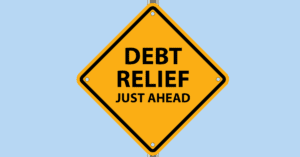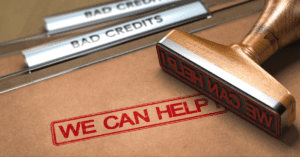When you fill out the Application Form to file an assignment in bankruptcy, you provide information about yourself and your assets, liabilities, income, expenses as well as your financial history. You will also be asked to supply the trustee with creditors statements, lawsuits, copies of your last income tax returns, current pay stub, your personal bank account for the last 12 months, business financial statements and business bank accounts as well as any other information that the trustee feels he needs. The trustee is not being intrusive–he is just doing his job in the administration of your bankruptcy. He is making sure you are being truthful about your affairs.
Creditors statements and bank accounts are reviewed to see who you owe money to as well as what you charging on credit. If there are significant duplication of purchases of electronics, you will be asked if you are buying electronics on credit and selling them for cash to finance an addiction. Taking numerous cash advances at a casino is obviously a gambling problem which will usually result in you being asked to sign a Self-Exclusion form so that you will no longer be able to go to a casino. The trustee will also be obligated to file an opposition to your discharge. Payments to mortgage companies, insurance companies, secured lines of credit will be matched against your listed assets. If you made a cheque payable to a marina – did you declare ownership of a boat? If you charged gasoline – did you declare ownership of a car? The list goes on.
Your income tax return will be reviewed for any deductions or carry forward balances pertaining to RRSPs, RESPs, RIFs, business losses, number of dependants living with you, etc. Your pay stub might show a deduction for Canada Savings Bonds, Life Insurance or other assets. Many trustees are capable of searching for assets being financed via registrations of the secured lender under the Personal Property Security Act which covers almost everything other than real estate.
And last – your creditors. Every time you fill out a credit application, you are giving information about yourself, your family, your job, assets with their value. In years gone by, this information might be buried in a file folder in a storage room in the basement.
Today, it is likely scanned and can be retrieved in a few seconds. If a creditor notices that an asset of significant value has not been shown on your list of assets, they will contact the trustee about the discrepancy. Hopefully, the trustee will determine that the asset was sold between the date of the credit application and the date of the bankruptcy and the sale proceeds were properly accounted for.
But what if you forgot to disclose an asset. As soon as you discover the omission, notify the trustee. If the error is not significant, he will correct his file and nothing further will happen. If the error is significant – i.e.- the asset information given to the creditors at the start of the bankruptcy was not correct to the point of being misleading, the trustee will prepare documents to amend the original Statement of Affairs and this will be sent to all creditors, the court and the Office of the Superintendent of Bankruptcy. An explanation as to why the asset was not properly disclosed will have to be provided but the fact that you voluntarily disclosed the missing information will show that you only made a mistake and it was an accident and not intentional on your part to mislead your creditors.
Does a trustee check your bank account?
Contact Rumanek & Company Ltd. for more information on bankruptcy and debt solutions. Or please fill out the free bankruptcy evaluation form. To learn more please visit our YouTube Channel. Rumanek & Company have been helping individuals and families overcome debt for more than 25 years.




